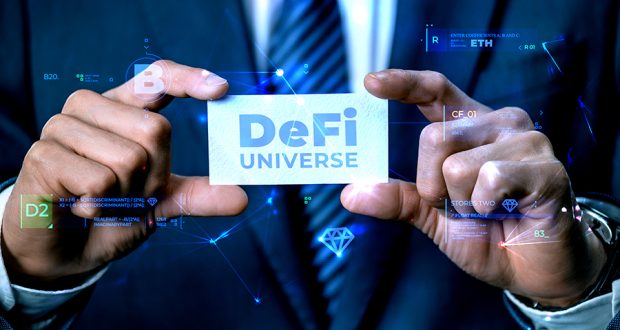There has been above average volatility in cryptocurrency markets ever since Elon Musk suddenly announced that Tesla will no longer accept payments in Bitcoin. Musk said that due to environmental concerns, his company would no longer advocate for Bitcoin. The CEO stated specifically that Bitcoin's overall mining process is too carbon intensive. However, just weeks ago the billionaire announced that embracing this cryptocurrency would be a boon for renewable energy markets. This sudden reversal rocked the markets, leaving traders and holders in shock and disbelief.
The industry is left with confusion and anger. Bitcoin steadied itself after dropping to its lowest level seen since February of this year. Environmental concerns with Bitcoin have been a longstanding issue. In the statement, Musk also hinted that he will be on the hunt for a cryptocurrency with less energy demands. While looking for candidates, they may pivot to other cryptocurrencies that use a proof-of-stake system, rather than relying on complex and energy intensive proof-of-work methods of computational intensive mining.
Proof-of-work systems constantly require external resources. New coins must be mined with increasing computing power. This requires extremely high volumes of electricity consumption as well as additional computing equipment. To grasp how energy intense the proof-of-work (POW) system is, the annual energy consumption globally for mining is comparable to the annual electricity consumption of some Western European countries. Quite significant to say the least!
Proof-of-stake (POS) systems, on the other hand, have existed for at least a decade now. They were developed to solve the aggravation involved in long POW systems and the agreed upon problem of energy intensity. A POS system does not require mining at all. New blocks are created and signed by a validator. A POS algorithm works by specific validators guaranteeing blocks are valid without requiring all nodes to check the validity of each individual block. Proof-of-Stake utilizes user account balances are internal resources.
Enter Free TON. Free TON is a peer-to-peer, multi block system built on the TON protocols with a token called the TON Crystal (or just TON). It's built as a community project and uses the Telegram app developed, open source TON OS as a virtual Operating System. This decentralized operating system is quite impressive because it has more features in it than Ethereum, which runs strict code. With over 400 validators currently, Free TON is the most decentralized POS network that currently exists. The opportunities are seemingly endless with the goals of true decentralization, information sharing, free software, and holding a firm belief in real freedom of speech.
Proof-of-stake is the future for blockchain technology. With open discussion of Bitcoin's energy crisis now mainstream, there is substantial difficulty ahead. Ethereum is attempting to change and looking to capitalize on the innovation and opportunities available in this digital revolution. Markets always adapt to make way for the future.
 You, Me, and BTC Your Liberty & Bitcoin Podcast
You, Me, and BTC Your Liberty & Bitcoin Podcast





